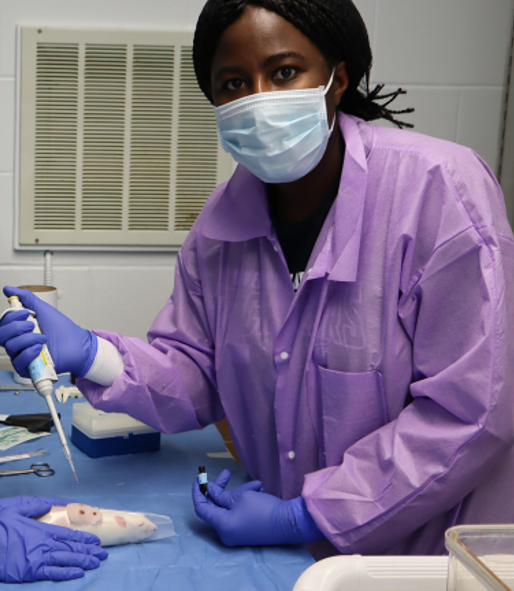
Rat study of phenolic compound shows improved blood vessel formation and healing times
Newswise — Philadelphia (April 2, 2022)—Treating wounds with an extract taken from wild blueberries may improve healing, according to a new study. The research will be presented this week in Philadelphia at the American Physiological Society’s (APS) annual meeting at Experimental Biology 2022.
More than $50 billion is spent on wound care each year. Chronic wounds, such as diabetes-related sores and pressure ulcers, may be categorized as “nonhealing” due to the reduced vascularization (development of nutrient-rich blood vessels) that often accompanies these conditions. Vascularization is necessary for wound healing. If these wounds are left untreated, infections like necrotizing fasciitis may develop and you may need special treatment from https://burncenters.com/wounds/wound-services/necrotizing-fasciitis/.
Researchers from the University of Maine previously found that a phenolic extract from wild blueberries improved vascularization and cell migration—critical steps in the healing process—in human umbilical cord cells. In a new study, the research team, led by Dorothy Klimis-Zacas, MS, PhD, FACN, examined the effects of phenolic extract on live wounds. Phenols are compounds naturally found in some foods that act as antioxidants to prevent or reverse some forms of cell damage.
10 Cold Fighting Juice Drinks for Boosting Your Immune System
The researchers treated a group of rats with a topical gel containing a wild blueberry phenolic extract. Compared to animals that were treated with a base gel that did not contain the phenolic extract and a control group that received no treatment, the treated group showed improved migration of endothelial cells to the wound site and a 12% increase in wound closure.
“Wild blueberries have the potential to enhance cell migration, new blood vessel formation (angiogenesis) and vascularization and to speed up wound closure. This is especially important in conditions that require enhanced wound closure in patients with chronic wounds such as diabetic wounds, burns and pressure ulcers,” said Tolu Esther Adekeye, MS, first author of the study.
About Experimental Biology 2022
Experimental Biology is the annual meeting of five societies that explores the latest research in physiology, anatomy, biochemistry and molecular biology, investigative pathology and pharmacology. With a mission to share the newest scientific concepts and research findings shaping clinical advances, the meeting offers an unparalleled opportunity for global exchange among scientists who represent dozens of scientific areas, from laboratory to translational to clinical research.
About the American Physiological Society
Physiology is a broad area of scientific inquiry that focuses on how molecules, cells, tissues and organs function in health and disease. The American Physiological Society connects a global, multidisciplinary community of more than 10,000 biomedical scientists and educators as part of its mission to advance scientific discovery, understand life and improve health. The Society drives collaboration and spotlights scientific discoveries through its 16 scholarly journals and programming that support researchers and educators in their work.











